A Heartwarming Tale of Unexpected Saints: A Review of “St. Vincent”
“St. Vincent” is a film that gently unfolds, perhaps not with immediate warmth, but certainly arriving at a deeply touching conclusion.

The story centers around Vincent, a man weathered by life, embodying a grumpy demeanor, a penchant for alcohol and gambling, and a dwindling bank account after squandering his home equity. His routine is disrupted by the arrival of new neighbors: a single mother and her son. With the mother’s demanding work schedule, Vincent reluctantly agrees to babysit.
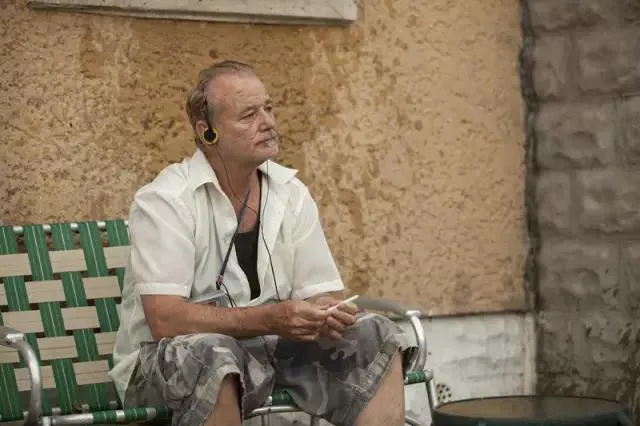
Vincent is far from the ideal caregiver. He introduces the boy to fighting, gambling, and bars, essentially turning him into a miniature accomplice.
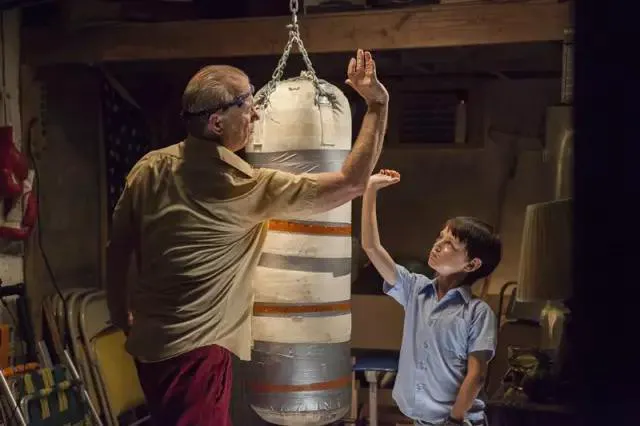
Beyond the Rough Exterior
However, there’s more to Vincent’s methods than meets the eye. He teaches the boy to fight back because he’s being bullied at his new school, empowering him to stand up for himself.
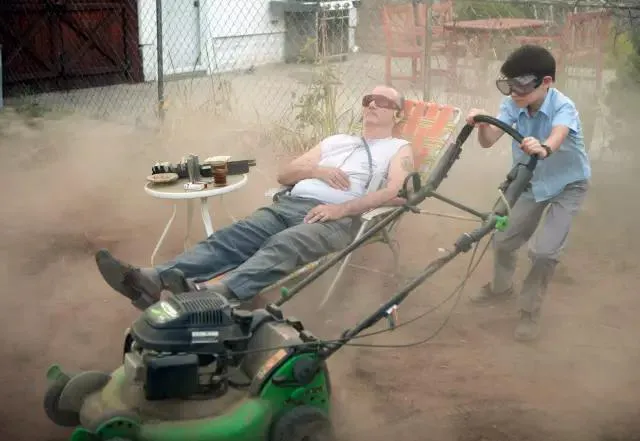
The outings with the boy are often to care for his wife, who suffers from Alzheimer’s. For eight years, he’s been faithfully doing her laundry, even though she no longer recognizes him. When she passes away, he brings her belongings home, and when the boy asks why he’s sad, he responds with poignant simplicity.
Saints Among Us
A school assignment titled “Saints Among Us” challenges the children to find a story of a saint in their lives. The teacher defines a saint as someone who “sacrifices and dedicates themselves to others, making the world a better place through their efforts.” The boy meticulously researches Vincent, interviewing those who know him, piecing together the life of this flawed man.
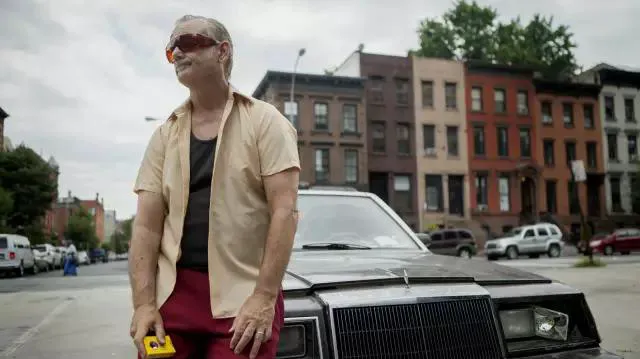
Vincent McKenna, born in 1946 in Bay Ridge, is a first-generation Irish immigrant. Growing up poor on the streets of Brooklyn, he learned all the wrong lessons: fighting, swearing, gambling.
Yet, through the boy’s eyes, Vincent is the one who accepted him when he was most vulnerable, taught him to be brave, protected and guided him, and exposed him to the responsibilities and pain of adulthood.
In his presentation, the boy concludes: “Mr. Vincent has flaws, serious flaws, but like the other saints we’ve studied, they were all human. Courage, sacrifice, passion, and humanity are what make a saint, and that’s what makes Mr. Vincent not so different from St. William. So, I want to say that my friend, my babysitter, Mr. Vincent, is a saint.”
The Unlikely Saint
By conventional standards, Vincent is far from a saint. He’s a scoundrel. But he had a profound impact on a young boy. We often praise those of impeccable character, but they often seem distant. When we truly need help, they might not be there.
We admire the lofty, but keep it at arm’s length. We praise it, but don’t emulate it. Most of us don’t aspire to be noble, sacrificing ourselves. We just hope others will be, so we can be moved by their actions.
Those who help us, comfort us in our fear and sadness, and stand up for us, might be alcoholics, gamblers, or broke. I’m not trying to glorify Vincent, because by my values, he’s a rogue. But he influenced a boy, teaching him a crucial lesson about the harshness and warmth of the adult world.
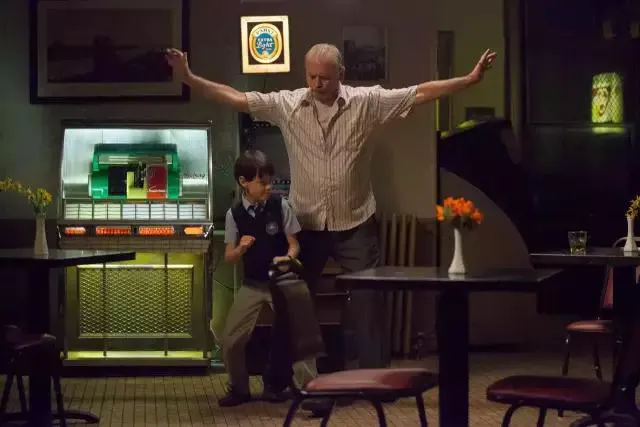
The world is a mess, so much so that becoming a good person isn’t always enough. Some people work hard their whole lives and still struggle. Some are born into privilege, others into chaos.
Some live gently, radiating warmth and serenity. Others become hardened, learning to be ruthless to survive. But there might be a moment when they undergo a journey of self-discovery or redemption, realizing the world isn’t so cruel, and learning to be kind.
In this sense, it’s not just Vincent who helps the boy, but the boy who saves Vincent. If Vincent is the boy’s saint, then the boy is Vincent’s angel.
Many live like sheep, leading unremarkable lives. We’re praised for being “harmless” and fitting into the collective, rather than for creating value as individuals.
We’re ordinary, incapable of great acts of nobility. We’re selfish, greedy, lazy, and indulgent. But we can do small acts of kindness, offering warmth and help where we can, choosing a better path.
I usually dismiss the idea of “finding the good in bad people” as cliché. But most of us aren’t evil. We’re ordinary. Our actions aren’t noble, but we don’t commit great evils.
The “saint” in this film might not be someone who benefits the masses, but someone who helps one person, does one good deed, or even just suppresses one evil thought. It’s a low bar, but if we can reach it, we can then aim a little higher, and maybe, slowly, become a “saint.”
In short: No act of kindness, no matter how small, is ever wasted.
Bonus
During the school presentation, the image on the screen behind the boy is of “Saint William of Rochester,” the patron saint of adopted children, who was also an ordinary man. This reinforces the film’s theme: the boy is adopted, and Vincent protects him like a saint.